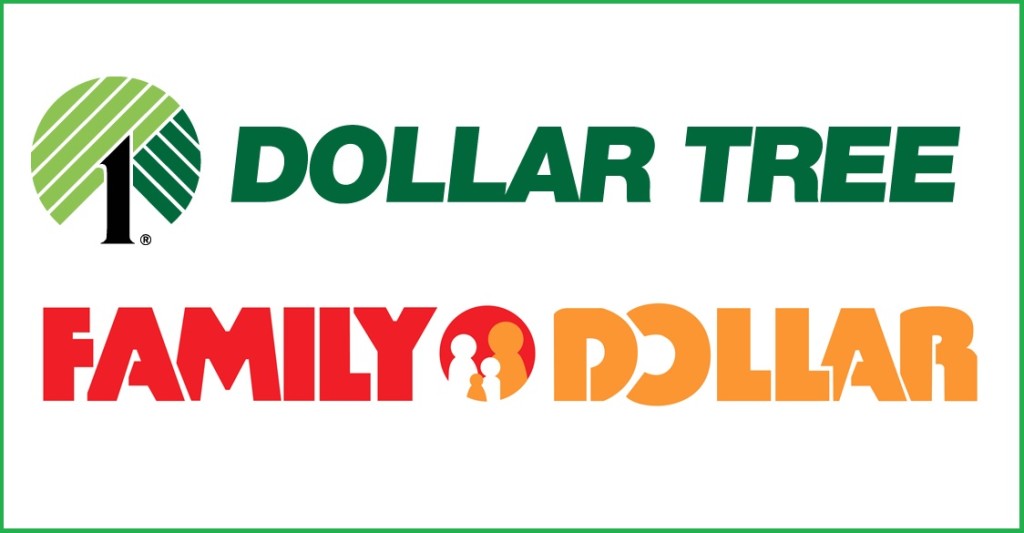The six-month-long saga involving a trio of dollar store chains all looking to combine in one form or another, has finally come to an end. Dollar Tree and Family Dollar will merge into one company, leaving Dollar General to fend for itself.
Family Dollar stockholders voted overwhelmingly this morning in favor of Dollar Tree’s $8.7 billion buyout offer, pushing aside Dollar General’s rival $9.1 billion bid.
So is this deal good or bad for dollar store shoppers? It depends on whom you ask.
Dollar Tree plans to continue operating its own stores and Family Dollar stores as standalone banners. That way, it says, shoppers of both stores will benefit. “By utilizing the $1 fixed-price point in Dollar Tree and multi-price points at Family Dollar, we will deliver even greater value and choice to a broader range of consumers,” Dollar Tree CEO Bob Sasser said in a statement.
Jilted suitor Dollar General, however, says it’s a raw deal for everyone. A Dollar General-Family Dollar combination “would have provided better value and greater selection to customers,” Dollar General CEO Rick Dreiling said in a statement. “Today’s vote is a loss not only for Family Dollar shareholders, but also for consumers across the country who will not have the opportunity to benefit from the cost savings and efficiencies that we believe would have been created by a merger between Dollar General and Family Dollar.”
Many retail analysts, though, think the opposite is true. Family Dollar itself admitted that its prices are lower in markets where it competes head-to-head with Dollar General. The presence of nearby Dollar Tree stores didn’t have much effect on Family Dollar’s prices at all. Therefore, Family Dollar concluded, “Family Dollar’s pricing policies would immediately lead to higher prices in thousands of locations if Dollar General were no longer an independent competitor.”
There was also the matter of store closings. Family Dollar had said federal regulators would likely require Dollar General to shutter as many as 4,000 stores before approving the deal. The Dollar Tree deal will likely require just 300 store closings. So if you have a Dollar Tree that’s very near a Family Dollar, chances are good that one of them may not survive the merger.
Dollar General never quite said as much, but it also strongly hinted that it planned to convert Family Dollar stores into Dollar Generals and operate under one banner. That’s because, with similar business models and price points above just one dollar, it may not have made much sense to operate both banners separately.
Dollar Tree and Family Dollar, however, are complementary but different. At Dollar Tree, everything really is just one dollar. Family Dollar has a broader selection with varied prices. “This merger enhances our geographic footprint and diversifies our business model. We intend to operate and grow both banners,” Dollar Tree’s Sasser said.
The biggest beneficiary of the deal could actually be a retailer that wasn’t even involved in the negotiations – Walmart.
Dollar General had hoped that a combined company of nearly 20,000 stores would help it better compete against the big-box behemoth. Instead, it will be dwarfed by both Walmart and its much larger dollar store competitor – Dollar Tree and Family Dollar will have a combined 13,000 stores, to Dollar General’s 11,500.
The deal still needs regulatory approval, and Dollar Tree expects to have a list available soon of the stores it will have to close. It hopes to have the deal finalized by March.
And 8.7 billion dollars later, the newly-realigned dollar store sector will be ready to battle it out for your business – one dollar at a time.














